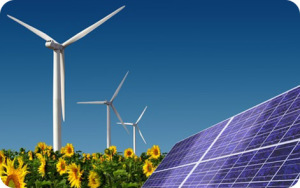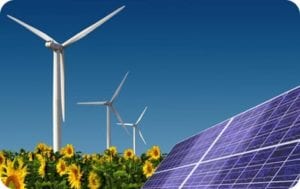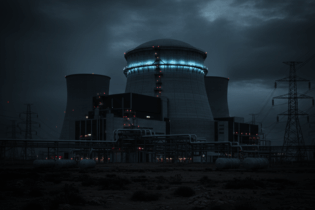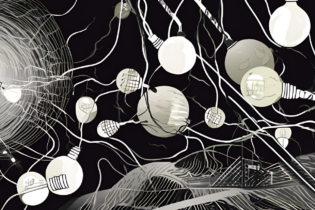 Eskom has come under criticism after its board took the decision not to sign any further Independent Power Producer (IPP) agreements after the current round is finalised.
Eskom has come under criticism after its board took the decision not to sign any further Independent Power Producer (IPP) agreements after the current round is finalised.
With regards to renewable energy, Phasiwe mentioned that South Africa has committed to reducing its carbon footprint in line with the United Nations’ Sustainable development Goals. Renewable IPPs are assisting in achieving this objective.
He said South Africa would like to have more renewable energy projects online, so that the country can fulfil its commitment. But now that the grid is stable and Eskom has its own projects coming on steam, like the Ingula project, the utility has questioned the need to purchase more power from IPPs. Phasiwe has denied that the decision is related to the nuclear build programme or a fear of competition. “Some people have been saying that Eskom is trying to play hardball because we don’t want competition. For us as a company, there is absolutely no competition at all. “The renewable energy projects are participating in a different sector which is essentially the renewable space, we are participating in the base load capacity space which is mainly coal and nuclear…. There is no competition, they are supplementing each other,” says Phasiwe






